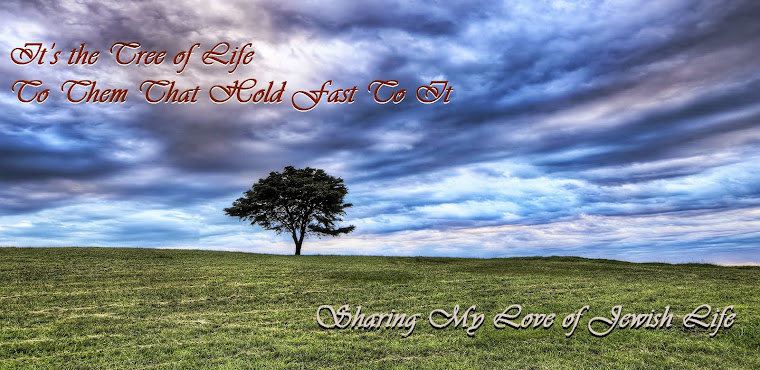It is well known that the lives of the matriarchs and patriarchs had challenges. Some commentaries like to whitewash them, but the truth is that what makes them great is how they handled those challenges, how they overcame their internal battles, and how they strived to build for the future. These are exactly what makes them so important. Divrei Torah focus on Yaakov’s wrestling match with the angel because it is a powerful turning point that shapes the future nation. What is often overlooked, however, is the significance of Rochel’s wrestling match, of her coming to terms with her feelings, which, perhaps, eventually was critical in her being able to bring forth Yosef and Binyamin. But for all time, one cannot diminish the importance of understanding Rochel's feelings of an internal struggle against her sister as a means also of demonstrating the normalcy of emotions and the challenge of overcoming them.
Thursday, November 26, 2020
The Internal Struggle (Vayetzei #3)
Thursday, November 19, 2020
Inherent Nature (Toldos #2)
In the 1980s, it was popular to speak of people in terms of Type A personalities and Type B personalities. In the 90s, people were all about Myers Briggs and other personality assessments. Today, the terms neurotypical and neurodivergent are popular. All of this is to say that much money and a great deal of time has been, and continues to be, spent on understanding inherent personality. But really, this is a topic that is natural to Jewish scholarship since the very beginning… and the subtleties of Parshas Toldos, which is very nuanced, are an excellent study of nature, nurture, and self-determination.
Thursday, November 12, 2020
A New Look at YItzchak (Chayei Sarah #3)
In the way that it is frequently taught, Parshas Chayei Sarah could, oddly enough, be seen as the foundation of a heartwarming Hallmark special: Widowed father, worried for his introverted son, sends his most trusted confidant to find his son a match. Said confidant worries over his ability to do right by the boy but puts his faith in fate and meets a girl who appears perfect. The catch, of course, is that she comes from the nastiest family in town, a bunch of thieves willing to commit murder. The confidant and the girl work together and overcome her family’s attempts to subvert the match for their own means. They return to the home of the father. They arrive just as the son is stepping outside to pray. The girl sees him, sparks fly, and she knows without a doubt that she has made the right choice.
Thursday, November 5, 2020
Laughter's Essence (Vayera #3)
When you ask someone, quickly, what emotion they connect with laughter, the normal answer is joy. People laugh when they are happy, right? They laugh when they find something funny, right? Yes, these are true, but people also laugh when they are uncomfortable, when they are nervous, and when they feel powerless and in need of a weapon. They laugh to make others a target. In other words, laughter is complicated. This too is in the Torah. Not directly, but in the fact that Sarah's famous laugh is, in many ways, very ambiguous: "And Sarah laughed within herself, saying: ‘After I am already worn out, shall I have the deepest satisfaction, and my husband is [also] old?’" (18:12).
